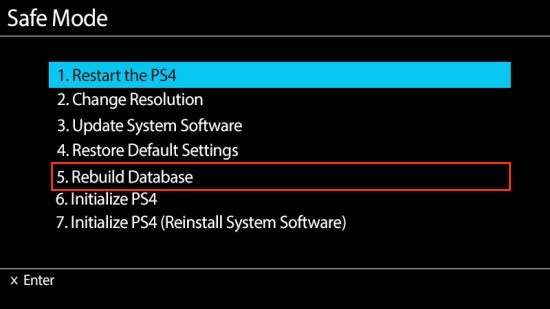

Those things are not in your frame of thought until around when I started noticing that my father getting drunk. You know I don’t think you know that you’re poor at that time or that you’re not in a good place.

We were just kids.Īt the beginning of that stage, I really didn’t see anything wrong with my life. Still the generation that played baseball outside and we threw rocks at each other. Those are very well-known areas in downtown Los Angeles. So as far as I can remember, we settled by Hoover Elementary School, which is walking distance to MacArthur Park / Lafayette Park. Obviously, I didn’t remember being two and coming here, but right around five or six is when you start to notice things and you’re aware of certain areas and blocks and stuff like that.

We settled right around-by downtown Los Angeles, which is the Rampart District of the lake. Tell me a little bit about that.Ĭasey: So I came here when I was two years old.

Kim: So let me take you back to the early 70’s when your family immigrated. And as I was reading your book, I realized that just a couple of years before, they were searching for you. Kim: Okay yes! As I was reading your book, I was actually looking up my-on Google maps, I was looking up and saying “Oh my goodness! He was only blocks from me.” So I would sit outside of my apartment, on the fire escapes, at night and I would watch the helicopters circle the neighborhood, shining their spotlights, searching for people. I lived near the corner of Wilshire Boulevard and Wilton, near Koreatown.Ĭasey: Oh wow! You were down the street from me.Ĭasey: I was off of Third and New Hampshire for a while. As I was reading the book, it reminded me of when I lived back in Los Angeles in 1990. It is an incredible story of God’s redemption. And what you’ll learn from our conversation is that there is no one that God cannot reach. Well, I had a candid conversation with Casey about how he went from a life of violence to a super natural encounter with Jesus. And even in prison, he was still running things as the shot caller, which is also the name of his book. Casey was a gang leader in Los Angeles who went to prison for second degree murder. He even described himself as an absolute animal. To say that Casey Diaz was violent would be an understatement. So on each episode of this podcast, we’ll be talking with people who have learned how, in those very difficult times, to draw their strength from Jesus. Jesus has promised us that whenever we walk through those dark tough times––He’s always going to be with us. Unfavorable Odds is all about finding hope and help in those seasons of life when things get pretty difficult. Kim: So you, up until that time, you didn’t know what that was like, did you?įrom the FamilyLife podcast network, this is Unfavorable Odds. He said “Yeah man, if you ever run into any problems out here-anybody wants to do anything to you-once you belong to us, we’re family. He says, “We’re forming here, and we take care of each other.” When I heard those words “we take care of each other,” it gave me that sense of family. There’s alcohol all over his breath and he says-just randomly says, “Don’t ever, ever call me Dad.” Followed by “I don’t like you. Casey: So he’s sitting down, and he grabs me by the shoulders.


 0 kommentar(er)
0 kommentar(er)
